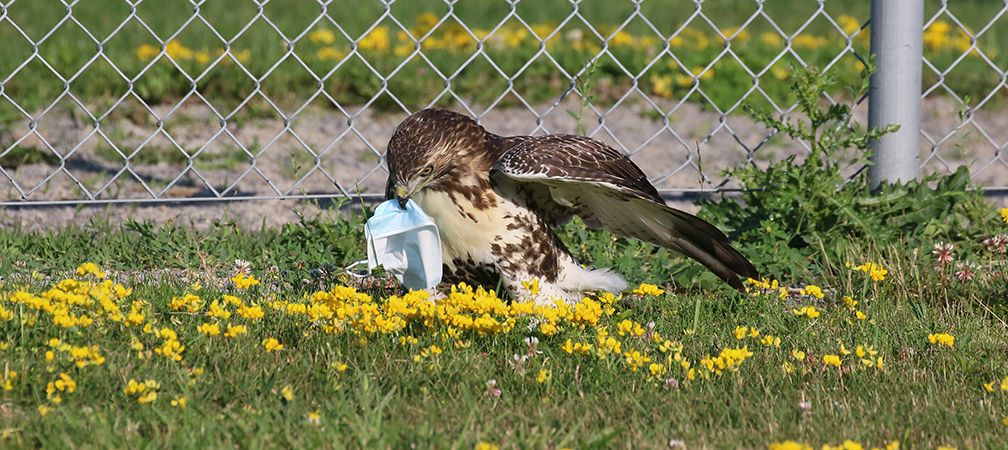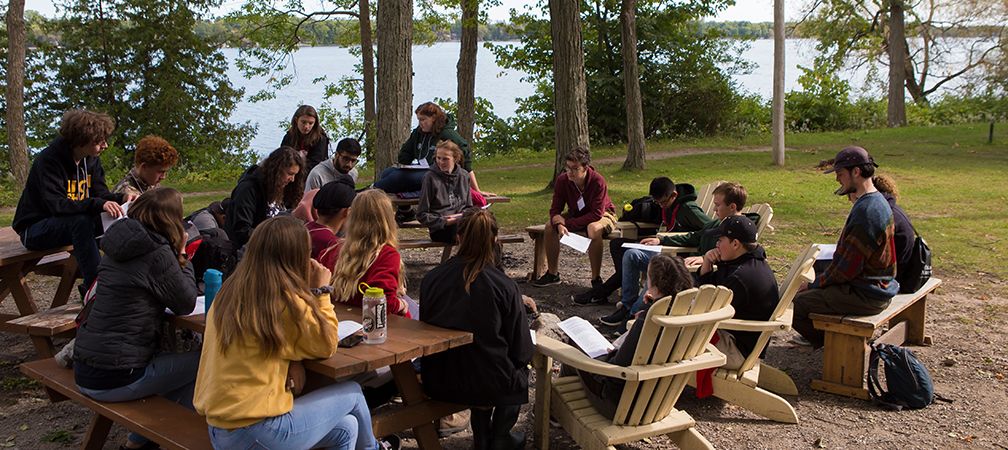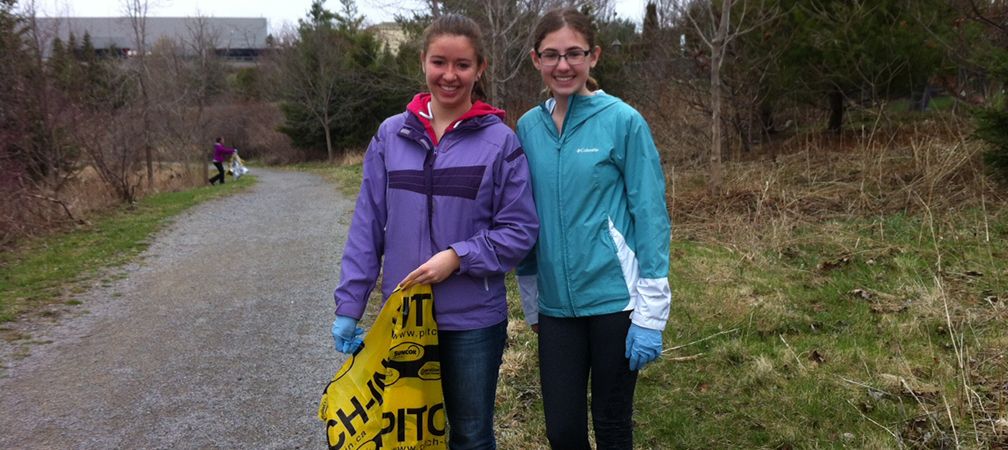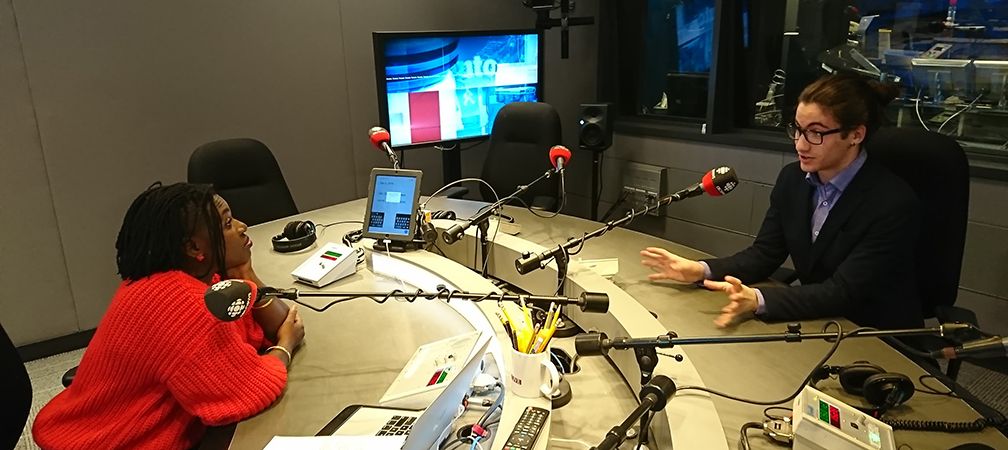Ontario Nature Blog
Receive email alerts about breaking conservation
and environmental news.
© Lora Denis
Writing exercise at YCME Leadership Retreat © Delenn Kershaw
When I was in Grade 12, my Environmental Science teacher, Janice Palmer, had us scour local newspapers for environmental stories. At least once a week for a couple of months, we were asked to submit a letter to the editor in response to a story of our choice. She coached us on correct letter to the-editor format and tone, and of course, we had to show her a carbon copy before submitting it to the paper. It was a big moment in my teenaged life when one of my letters was printed in the Globe & Mail.

That experience over forty years ago hooked me on letter writing. It also inspired me to pass the letter-writing torch to students in my own classes and school eco-teams. They wrote to various people including the School Council, local representatives, MPs, MPP’s and local businesses. Many of those letters had exciting results, and it was a thrill to see how empowering that was for them.

The COVID-19 pandemic has made it challenging for children and teens to receive a stimulating education and to connect with others. On top of that, many young people are becoming increasingly anxious about climate change, the loss of species and other environmental issues.
Learning to write persuasive letters does a lot more than tick several boxes in the Ontario language curricula. Writing letters to real people about real issues can help young people feel connected, accomplished, hopeful and empowered.

In recent years, teachers have been asked to make a shift from “sage on the stage” to facilitator of inquiry. I believe that all of us who interact with young people could benefit from this approach. Instead of telling young people what to think, the goal is to:

The power of taking action for nature outdoors cannot be overstated. Not only can time spent in nature combat attention difficulties and other problems associated with nature deficit disorder, but as Dr. Julee Boan puts it, “research supports what we already know from experience. We feel better when our senses connect us to nature.” Why not take your letter-writing outside?

For more inspiration, check out Ontario Nature’s Take Action webpage. You could participate in community science, join the Nature Guardians Youth Programs, volunteer or attend an event like the Youth Summit for Mother Earth.

Both seasoned activist Harriet Shugarman and young activist Aidan Brushett offer sage advice that budding activists of any age would be well-advised to consider before taking on a particular cause. One of my favorites from Aidan: “Accept what you cannot control and focus on what you can”.

Gananoque Lake Nature Reserve © Smera Sukumar